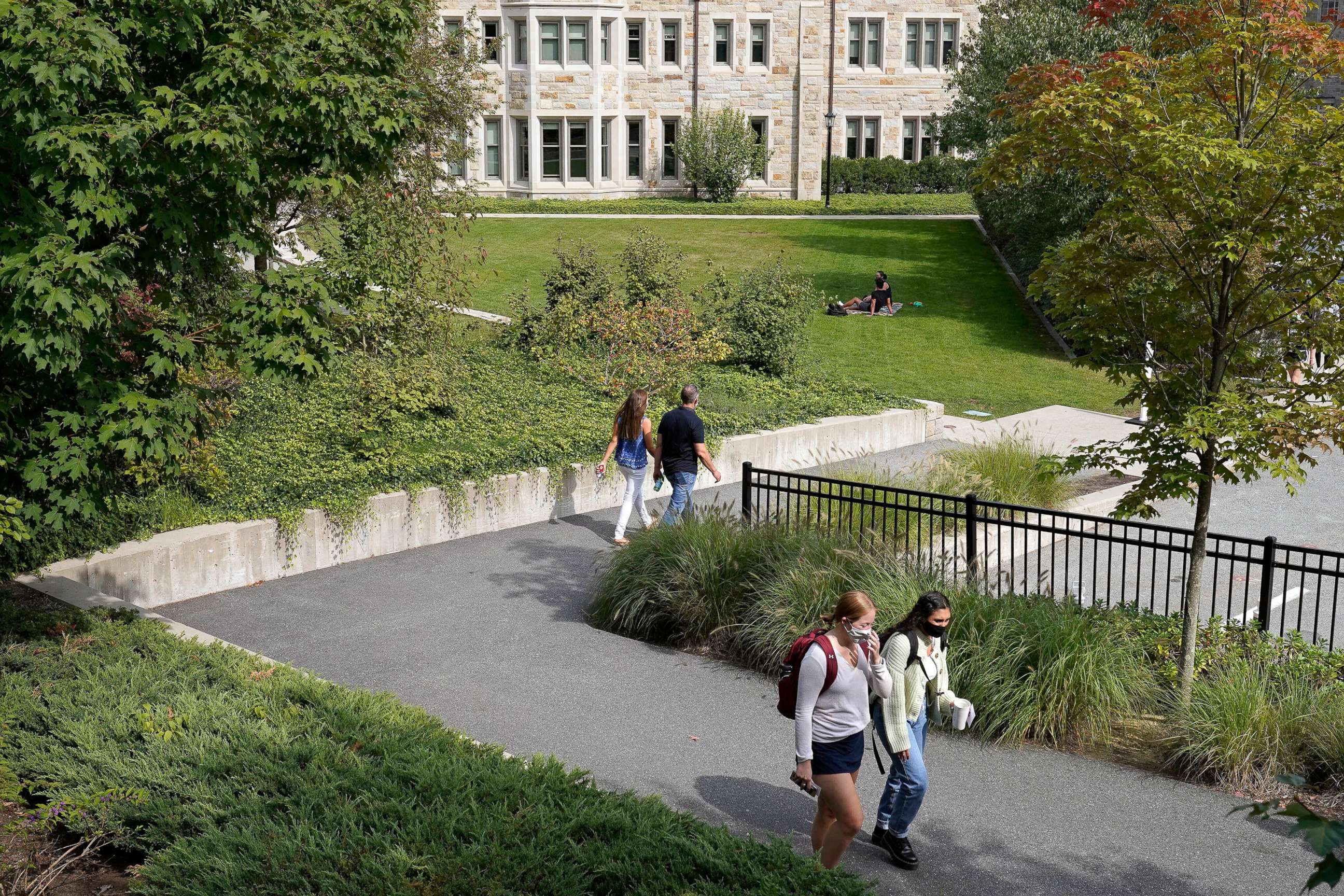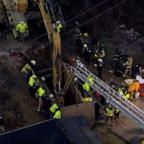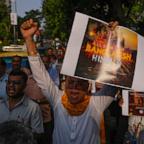Boston mayor blames college students for rise in COVID cases
Boston announced it is not entering the next phase of the Massachusetts reopening plans in the city after an increase in COVID-19 cases, which Mayor Marty Walsh put much of the blame on young people and college students who are ignoring public health regulations.
“We are seeing small outbreaks, due to parties, due to college students, due to quite honestly irresponsibility,” Walsh said during a press conference Wednesday.
Boston's range of average daily COVID-19 cases was listed at 8.5 cases per 100,000, according to the Massachusetts Department of Public Health, which listed the city as possibly moving into the red category for COVID-19 risk.
Walsh said last week the city had a 2.7% infection rate, as of Wednesday it had jumped to 3.5%.
“Here we are today, laying down millions of dollars to open school, we have businesses on the verge of bankruptcy, we have restaurants that need to open up, we have art venues that need to open up, we need people that need to come back to work,” Walsh said during his press conference. “Do we have to shut down everything again?”

He said while young people are not the worst-affected for the coronavirus, that doesn’t mean it’s OK to not care about those living around you.
He said more than 9,000 Massachusetts residents that were alive six month ago are "not with us today." More than 200,000 people in the U.S., he said were living in America seven months ago but are not here now "not because of cancer not because of their age, because of the coronavirus."
“This is a serious pandemic, this is a serious virus,” Walsh said. “If you’re 21 if you’re 19, and you get COVID, yeah the numbers say you’ll probably be ok, but what the numbers won’t say is your parents won’t be ok, your grandparents won’t be ok, your elderly neighbor next door won’t be ok.”




